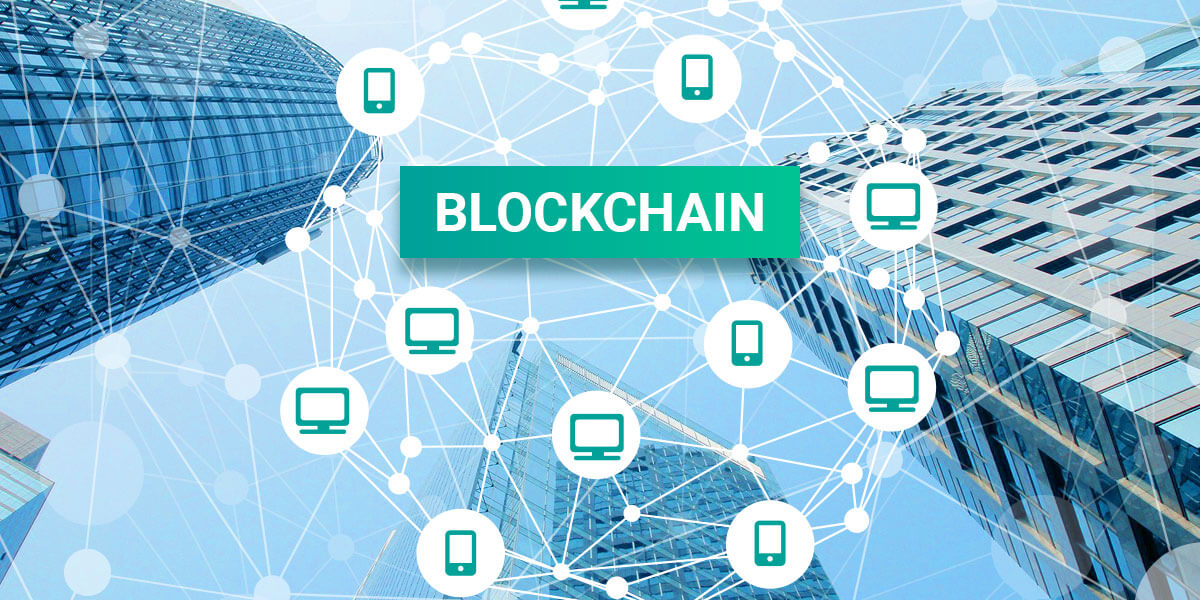In an age where technology intertwines with daily life, the property market is experiencing a transformative shift. The advent of real estate blockchain is ushering in an era of unparalleled transparency and efficiency.
This blog post delves into how blockchain technology is revolutionizing real estate, by offering insights into its profound impact on transactions, record-keeping, and trust in the sector.
The Genesis of Blockchain in Property Transactions
The foundation of integrating blockchain into the real estate domain lies in its ability to establish a secure and transparent transaction mechanism. This technology enables the immutable recording of property transactions, fostering a level of trust previously unseen.
With real estate blockchain, every transaction is recorded on a ledger that is both unchangeable and easily accessible, eliminating the traditional complexities and opacities associated with property dealings.
Furthermore, this shift towards digital ledger technology mitigates the risk of fraud, making every transaction not just transparent but also secure.
The adoption of blockchain in this sector is not merely a trend but a significant leap towards modernizing property transactions.
Streamlining Processes and Cutting Costs
One of the most compelling advantages of blockchain technology in real estate is its potential to streamline processes and reduce costs. By automating transactions and record-keeping, blockchain can significantly cut down the time and money spent on property dealings.
Smart contracts, an application of blockchain, automate the execution of contracts when predetermined conditions are met, eliminating the need for intermediaries.
This efficiency not only speeds up transactions but also makes the buying and selling process more economical, benefitting all parties involved.
Enhancing Transparency and Trust
The inherent transparency of the real estate blockchain fosters a new level of trust among buyers, sellers, and intermediaries. Every detail of a transaction, once recorded on the blockchain, is there for all parties to see.
This transparency ensures that all parties have access to the same information, significantly reducing the chances of disputes and misunderstandings.
Moreover, the decentralized nature of blockchain means that no single entity can control or manipulate the transaction data, further enhancing trust.
Real estate blockchain is not just transforming how deals are done; it is redefining trust in the sector.
Overcoming Traditional Real Estate Challenges
The traditional real estate market is fraught with challenges, from lengthy paperwork to the risk of fraud. Blockchain technology offers solutions to many of these issues.
By digitizing records and using smart contracts for transactions, blockchain simplifies the buying and selling process, making it both more efficient and secure.
Moreover, blockchain’s capacity for verifying the authenticity of property titles and histories can prevent fraud, a longstanding issue in real estate.
Global Adoption and Future Outlook
As blockchain technology gains traction, its adoption in the real estate sector is becoming more widespread. Countries and companies around the world are experimenting with and implementing real estate blockchain to leverage its benefits.
This global shift showcases the potential of blockchain to fundamentally alter the landscape of real estate, making transactions faster, more secure, and transparent.
The future of real estate appears increasingly digital, with blockchain at the forefront of this revolution.
Limitations and Challenges
Despite its numerous benefits, the adoption of real estate blockchain is not without challenges. Regulatory hurdles, the need for widespread digital literacy, and the transition from traditional systems pose significant barriers.
However, with ongoing advancements and a growing recognition of blockchain’s potential, these challenges are gradually being overcome.
Conclusion
The integration of blockchain technology into real estate is transforming the sector by enhancing transparency, reducing costs, and streamlining transactions. While there are challenges to its adoption, the potential benefits make real estate blockchain a pivotal development in the property market. As the world becomes more digital, the role of blockchain in real estate is set to grow, reshaping how property transactions are conducted.
The fusion of transparency and technology through real estate blockchain marks a new dawn in property dealings, promising a future where transactions are not just faster and safer, but also more transparent than ever before.


